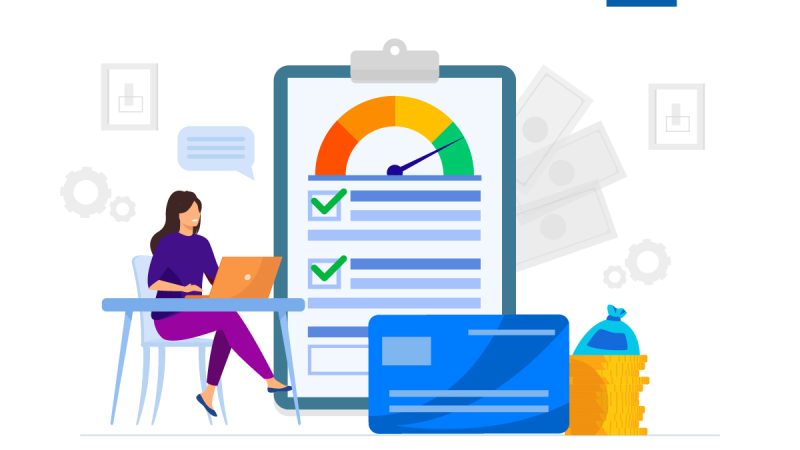How to plan a budget that you can stick to

Budgeting is the smartest solution to be on track with your finances. It works for most people who value their financial goal and money spending strategy. In reality, setting a budget is easy but sticking to it is quite difficult.
Financial savvy individuals are keen to create a successful budgeting plan and have the discipline to stick to it. Making a budget plan is important since it will help you gain control of your spending, prioritize your expenses according to importance, will allow you to smoothly set aside an amount to pay off debts while giving you the power to save money for the future. Having an effective budget plan will allow you to prepare for emergencies but most importantly help you focus on your long-term financial goals.
Tips on how to stick to your budget
Effectively plan your budgeting strategy now by considering your expenses, debt payments and savings. Setting restrictions on how you will spend your income requires discipline and sticking to your budget could be challenging. Here is a practical guide to help you plan a budget that you can stick to!
- Prioritizing your needs and identify your financial goals. Your budget plan must cover first on the items that you need (not want). This will include expenses on food, utilities, shelter, and transportation. Recognize and reorganize your debts, bills, and obligations. Allocate a percentage of your budget for savings which will cover emergency fund and retirement. All these considerations are crucial in achieving your financial goals.
- Do not go beyond what you can afford. If you already made a budget plan, then you have a foresight of how much you can spend. This is the limit that you should be aware every time you spend your hard earned money. Credit cards are very convenient but can tempt you to spend more than what you should. Use your CC only when needed and shop for your regular necessities using cash. This will help you spend wisely while avoiding additional financial burden through additional fees and interests.
- Prepare a shopping list ahead of time. Having a shopping list is the best way to prevent impulsive buying. What this does is it will help you focused on buying the things that are essential. Another smart option is to shop online and opt to have it on pick-up. Doing your regular shopping online saves you valuable time and avoid the temptation for grabbing items that are not on your list.
- Practice discipline and stick to your budget! Now that you have a clear overview of how your budget will work towards your financial security it is important that you should live by it. Make several printouts or hardcopies of your budget plan and post on places that you frequent around your home or work area. Visualization is one key to imprint your budget plan on your mind and eventually cultivate the habit of healthy money spending.
More budgeting tips here.
There will be moments that you’ll feel frustrated and deprived on spending for things that you want but always take note of your financial goals which will set you towards your financial freedom.






